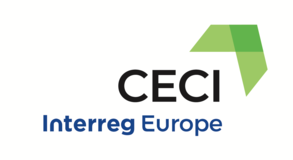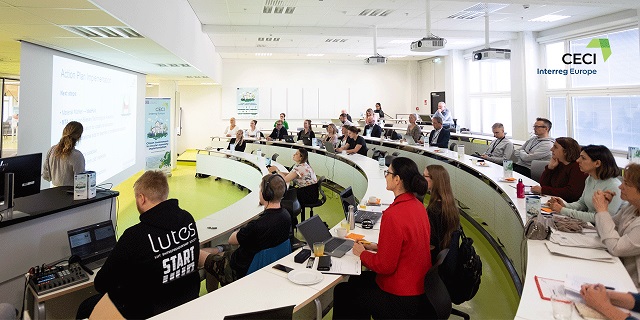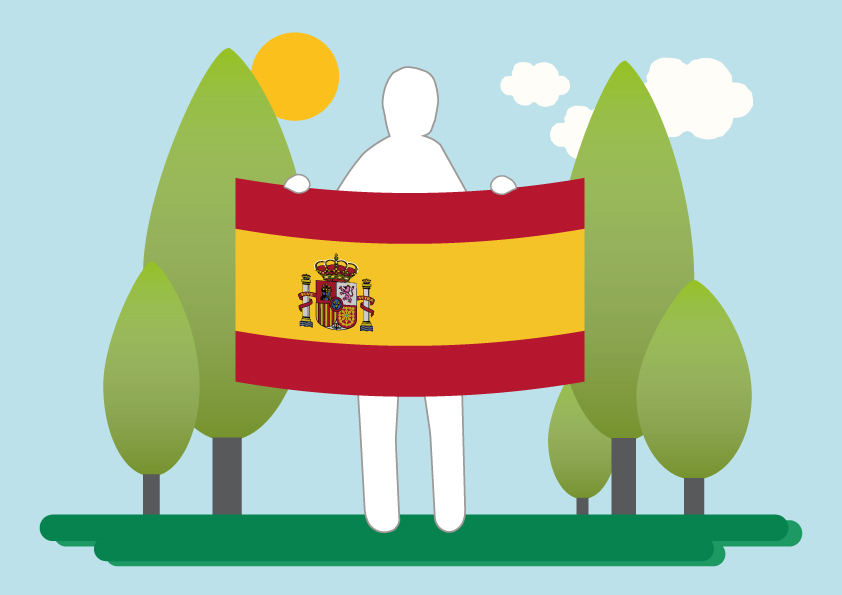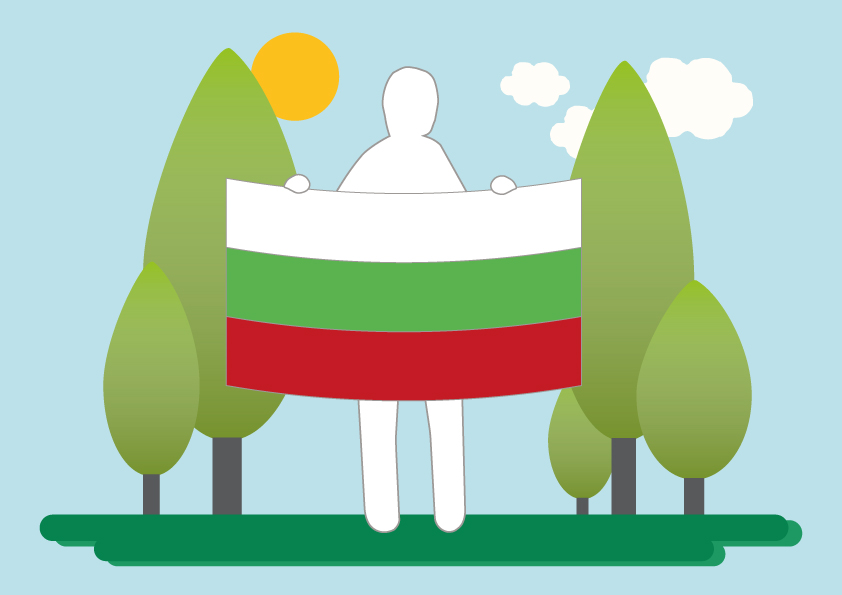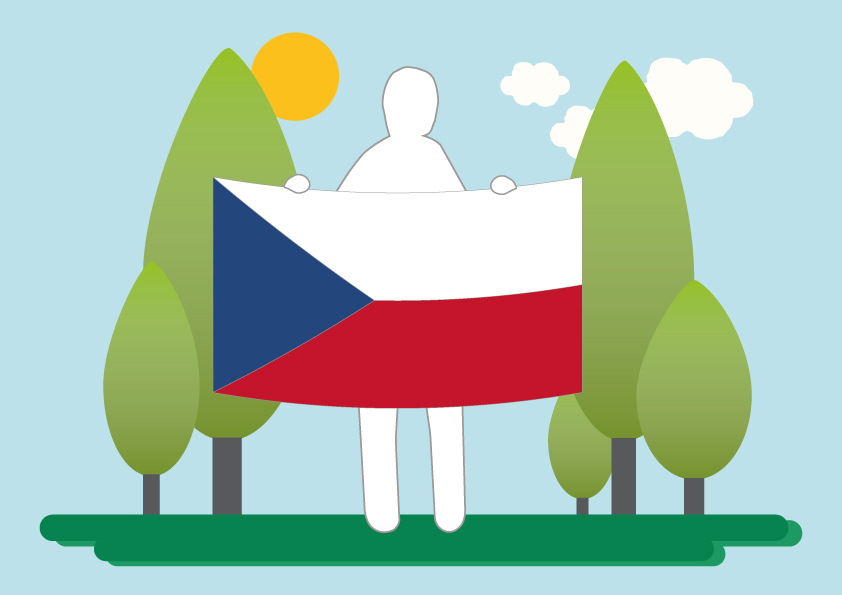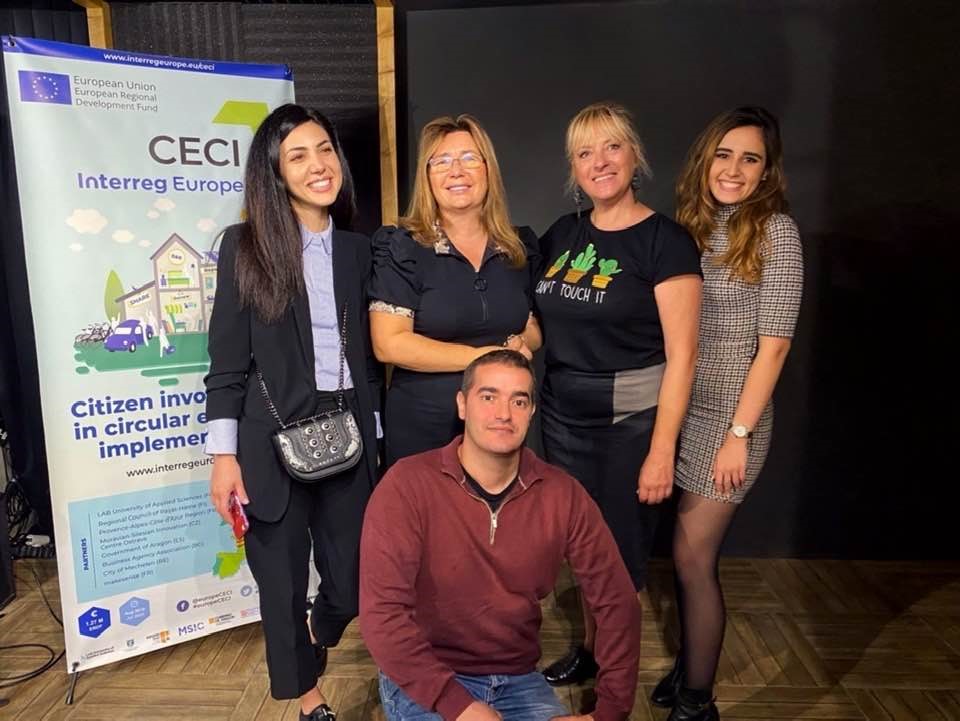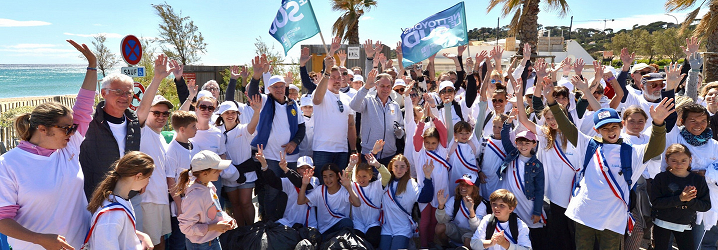CECI Stakeholder Meeting in Finland
CECI Action Plan development discussed with 14 stakeholders from Päijät-Häme region. Focusing on sustainable textiles, housing & services and transportation. The meeting started with an introduction of the participants, including representatives from private and public sector as well as third sector associations.
Lead partner presented findings from the Hackathon read part 1 here and part 2. One of the transportation ideas from the Hackathon was Grannies and kiddos transport service:
The idea is to make feasible and multiuse transportation services available that benefit the community. Children and the elderly were identified as potential customers. How often do you drive a car alone to work or hobbies. What if the neighbor’s child was going in the same direction? Or could you pick up someones packages from the same direction that are not your own? Could one combine trips with other services and tasks that are not of own personal interest but benefit the community? The idea is to create cooperation between the private, corporate and public sides, and strengthen the sense of community and, at the same time, participate in climate action by reducing unnecessary transportation. LAB is currently searching funding possibilities for implementing the service in the Päijät-Häme region.
Furthermore, part of the textile action plan includes project the Finnish textile recycling project Textiles into circulation The focus of Textiles into circulation in Päijät-Häme -project is to prepare actions concerning the separate collection of textiles that starts running in the beginning of 2023. While in the housing and service Action Plan includes ASKEL, inspired by CECI, is funded by Sustainable growth and jobs 2014-2020 (ERDF).
ASKEL aims to facilitate citizens in adapting new, low-carbon services and improve SME´s capabilities to produce them. It addresses the key bottleneck of the progress of sharing and circular economy: the weak link between the needs of the residents and the provision of the services. Therefore, ASKEL seeks to strengthen the link between supply and demand, the link between residents and the business community, by supporting the development of new services as joint development of residents and businesses. The project relates to the strategy of the Päijät-Häme region through two smart specialization priorities, design and circular economy.

Virtual and present participants in Regional Council of Päijät-Häme facilities.
